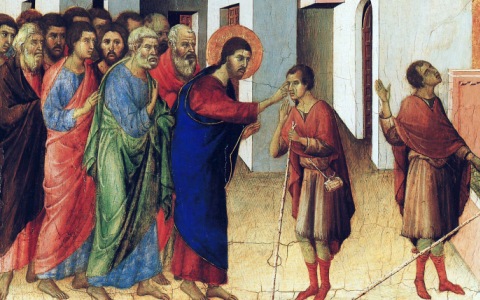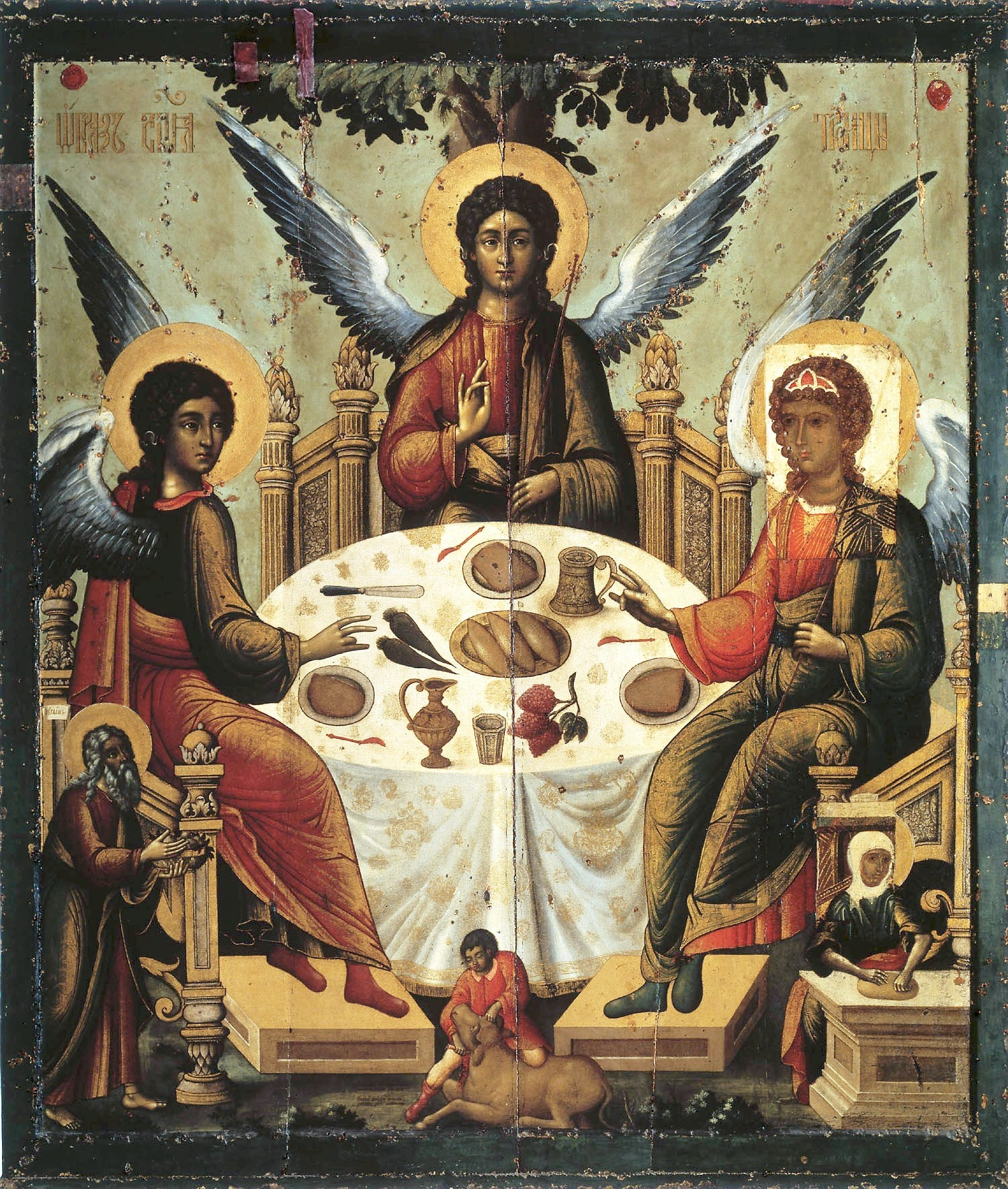As I groggily reach for my phone in my usual
morning fog, the alarm beeps seem to grow louder. Who picked that annoying ringtone
anyway? Alarm turned off, I pick up my
phone and start to browse the usual social media outlets: facebook, Instagram,
and maybe even twitter for good measure.
Crap, it’s Morgan’s birthday. How
did I not know that? Good thing I
have facebook to send me messages of peoples’ birthdays and anniversaries. Lauren is in New York? Ugh- I want to be somewhere.
Sarah just booked a cruise? Is it
only me who doesn’t get to go everywhere whenever I want? Oh, and there’s another picture of someone’s
beach vacation just to rub it in. Ooh,
that haircut is super cute. I need to do something to my hair – there’s no point in selfies if I don’t look
good.
Well, time to climb out of bed and start the
day.
Wait.
I just noticed a link to an article that
says, “You won’t believe what happens when….”!
Obviously I need to see if I believe it or not. So exciting.
This recount of a fictional day,
unfortunately, is closer to the truth on a typical morning than I want to
admit. The past year or so I have felt
convicted about how second-nature it is to turn to my phone the instant
something isn’t holding my attention completely. Why has this obsession with our phones – and social
media in particular – overtaken our lives?
I rarely walk into a coffee shop where thumbs aren’t becoming more
arthritic by constant scrolling. The other
day a couple sat down beside me at Starbucks and began snapchatting EACH OTHER!
Apparently a pixelated photo on a screen is better than the real thing. I mean,
at least there’s editing.
Which brings me to another point. We EDIT our lives for those around us. Of course I’m not going to post about my
sucky day and how I am battling depression and how annoyed I am that I can’t
figure out what to make for dinner because I’m completely broke and have no
groceries.
No way.
I’m going to post #TBT photos of me at the
beach to reinforce the idea that I have good days and that others should maybe
even be jealous of this awesomeness. I
only post things when I’m at a concert or took a good photo, or when I’m with
cool people to “check-in” with.
Please tell me I’m not the only one.
This realization has helped me make much less
frequent postings on social media. I no
longer update my albums, I don’t care if someone tags me in something, and I stopped
checking in at the cool venues I frequent.
But I realized that just because I wasn’t posting
didn’t mean that I wasn’t a slave to other peoples’ lives. I compare myself to where they go, who they
hang out with, what music they listen to, and the vacations they take. I want their hair, their makeup, their
photo-taking skills. Unfortunately just
because I don’t care what others think about my personal postings, I still care
about who I am based on others. But now
it’s an internal struggle. Why can’t I
be that awesome?
Get this: there is a reason we try to find
our identity through others. We were
made that way. But we are supposed to
find our identity through the Creator and we are just searching in all the wrong
places. The good news is that we have
been “given fullness in Christ” (Colossians 2:10). There is no need to compare ourselves to
others – that only sets us up for failure and frustration. I am not saying it isn’t hard, but it is an
important realization to focus on the fullness in Christ we have rather than
the unfulfilling expectations society places upon us.
For this reason, I have decided to give up my
social media outlets for Lent (blogging does not cause any stumbling or
addictions for me). I need to refocus my
attention on God and give up this addiction to my phone and comparison to others.
So far, in my first week off, I have found my
time spent in the Word is much more enlightening than seeing what my friends
are up to. Yes I am missing birthday
updates, but if I don’t already know their birthdays how good of a friend am I
anyway? I am becoming more invested in
real-life relationships and less invested in the personas seen online. I am realizing it doesn’t matter what others
do or say about me, but rather who God says I am. And that is all that matters in this life and
the one to follow.





